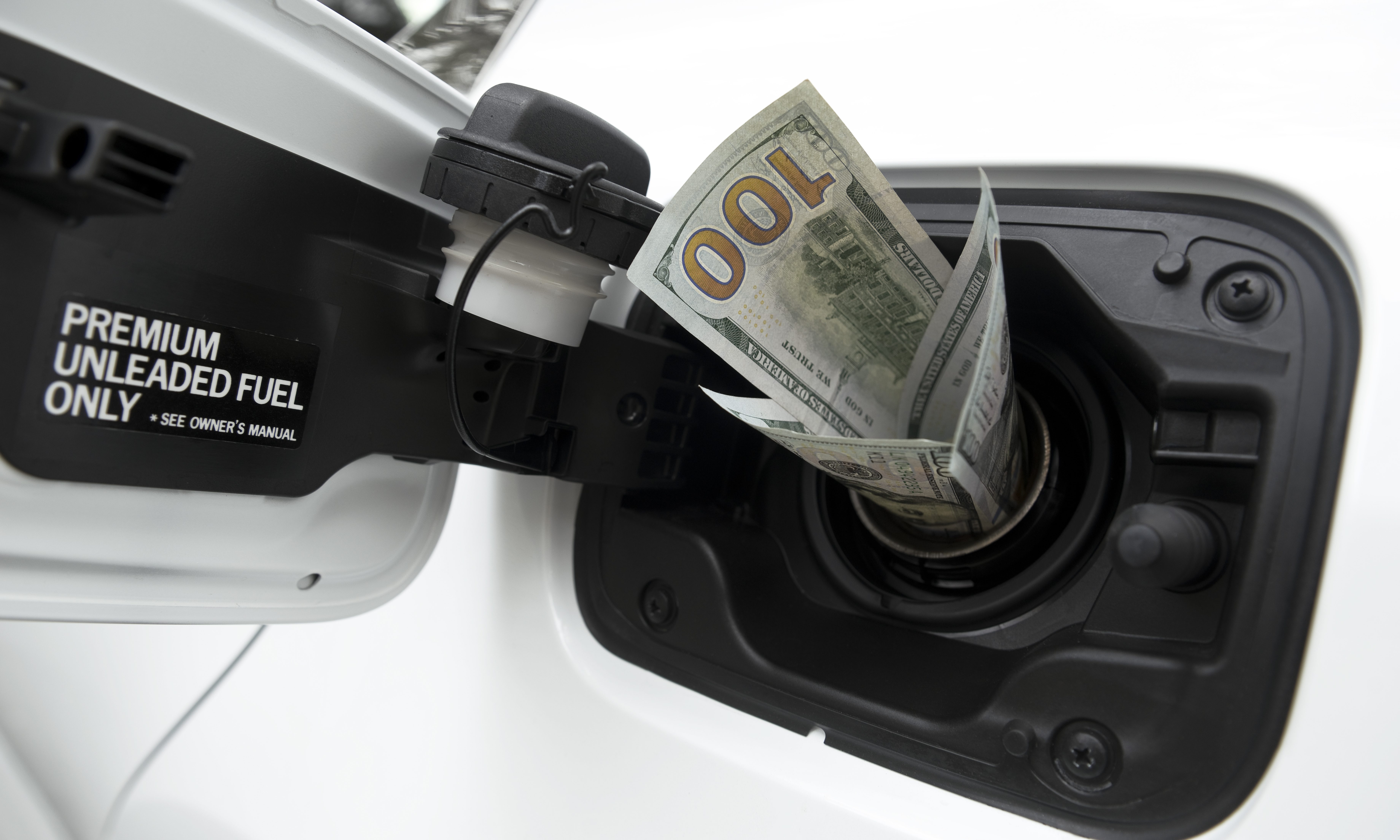Why is it always the responsibility of the working class in Alabama?
Everything falls to them.
Not enough money for social programs? Cut government workers.
Not enough money for health care? Cut teachers’ benefits.
Need new prisons? Take from veterans.
And now, need new roads and bridges? Take it from the folks going to work every day.
It’s nonsense, and don’t you buy for a second that this responsibility — to fix Alabama’s aging roads and bridges — falls to the working class, as Gov. Kay Ivey implied in her recent press conference announcing her proposed gas tax.
Enough is enough.
The working class people of Alabama have footed every bill, paid FAR more in taxes than they would in almost every other state and have received by far the smallest return on their investments in this state.
Unless you’re wealthy in Alabama, your schools mostly stink, your healthcare access is limited, your access to high speed internet and public transportation is almost non-existent and your roads and bridges are deplorable.
On top of that, the regulatory agencies that we pay into are God-awful, and their ineptitude has allowed our rivers and lakes to become so polluted we can’t use some of them and our government agencies to become so corrupt we can’t trust them.
And somehow, our governor has the gall to say with a straight face that we all owe more.
Sorry. No.
You know who owes more?
How about some of the companies that we keep handing out decades-long tax breaks to so they’ll relocate here or add a few dozen jobs here — the folks that send their trucks out on our roads and bridges for years without plopping a dime into the till.
Or how about the timber barons of Alabama, with their thousands of acres of land taxed at pennies on the dollar?
Or how about the special taxes for “small family farms” — some of which span thousands of acres and haul in millions of dollars annually — that allow gigantic farms to pay a flat tax rate?
In pretty much every other state, those property tax issues have been worked out in ways that make it more fair for everyone. The land isn’t taxed necessarily at the same rates as residential property, but it is taxed at rates relative to its value and production.
In Georgia, for example, timber land is taxed at roughly three times what it is in Alabama. And somehow, there’s still timber there — a million and a half more acres of it than in Alabama, in fact.
Those other states also tax their farms differently, relying on calculations that assess value related in some degree to the surrounding market values.
Those changes alone could produce an eight-figure tax revenue stream, and that’s before we even start discussing a reasonable increase in property tax rates overall.
There’s also the matter of income tax and sales tax rates in this state, which leave Alabama’s poorest paying about 10 percent of their earnings in taxes while the richest pay less than 5 percent.
If we removed the state sales tax on everything and instead imposed an across-the-board tax on everyone, we could make up hundreds of millions of dollars. And it would save working people thousands each year.
We could also stop pretending that Alabama doesn’t already have legal gambling — at three major casinos, multiple dog tracks and several bingo parlors — and isn’t surrounded by states with lotteries. Implementing an education lottery and commercial casinos would bring in roughly half a billion dollars annually, if not more.
See, I’ve just raised billions of dollars in tax revenue for this state — revenue that could fix all of the roads and bridges, pay to properly fund schools and solve the teacher shortage — and I’ve raised it while lowering the taxes of at least 60 percent of people in this state.
Look, this isn’t a Republican or Democratic issue. It isn’t a black or white one. It’s simply an issue of fairness.
And the working class people of Alabama have been treated unfairly for far too long. We’ve paid every bill, absorbed every cut and gotten every shaft.
We’ll happily pay our fair share for roads and bridges. Just as soon as everyone else pays their fair share for everything else.






















































